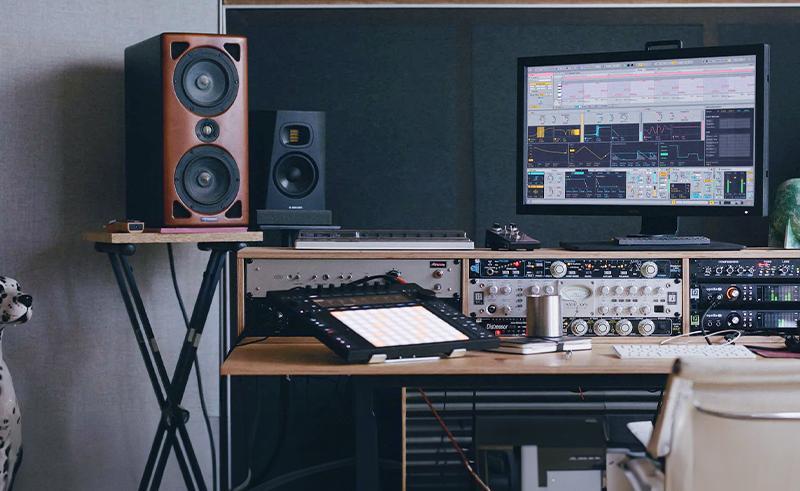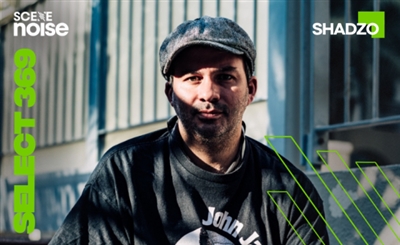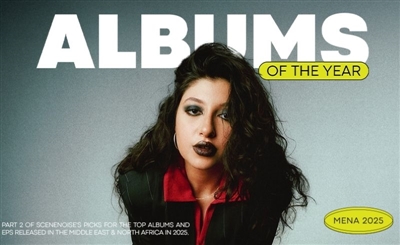Ableton Live 12 Introduces Built In Eastern Scales For First Time
The German software company debuts their brand new ‘Scale Awareness’ feature, which opens up possibilities for microtonal music.

As the global music community continues to draw influence from Western trends and genres, the vast world of microtonal music - popular in Eastern musical systems - has become rather inaccessible to producers working within the limitations of digital audio workstations and production software.
While western tuning adopted the 12-tone equal temperament system, which divides a musical octave into 12 distinct notes, microtonal systems embrace frequencies in between these 12 notes, often called quarter notes, which are generally not used in western music. Because of this, instruments such as the piano and guitar have been designed with 12-tone equal temperament in mind, and only enable musicians to access the 12 notes of the western system, making it difficult or even impossible to achieve quarter notes while using the instrument in a traditional way. This design mentality has also carried over into the current generation of instrument manufacturing, as MIDI keyboards and software devices also abide by traditional western tuning systems.
In modern music production environments, alternative tunings have not been thoughtfully integrated into software and digital instruments, and while you can still arrive at these tunings in digital audio workstations, it is usually through workarounds and software functions that often don’t translate well into their parent DAW interfaces.
Ableton Live’s most recent update, however, addresses this issue as part of its brand-new ‘Scale Awareness’ feature, in which scales can be assigned to sessions on a global level that affects all clips and instruments, unless overridden. In conjunction with the new ‘Tuning’ tab, users can now set a global key for their projects, which enables experimentation through MIDI devices such as ‘Chord’ and ‘Arpeggiator’, which when combined with Eastern or Arabic tunings, extends the freedom and ease-of-access functions of modern music production to the world of microtonality.
Regarded as one of the most innovative digital audio workstations, Ableton Live 12 also brings forward a handful of new tools to inspire music producers around the world, including Slicing and joining MIDI notes, as well as the new ‘MIDI Chance’ and ‘Rhythm Generator’ devices.
As part of their announcement of Ableton Live 12, the German company has reached out to influential Egyptian producer Molotof, who has been a staunch user of the program throughout his career, to demonstrate the implications this update carries to the world of Arabic and eastern music. In his demonstration, Molotof uses the tuning function to compose a hypnotic arpeggio, that is complimented by metallic Arabic percussion instruments, arranged in a hybrid style of Arabic and electronic music production.
Learn more about Ableton Live 12 here:
Trending This Month
-
Dec 24, 2025
-
Dec 23, 2025






















